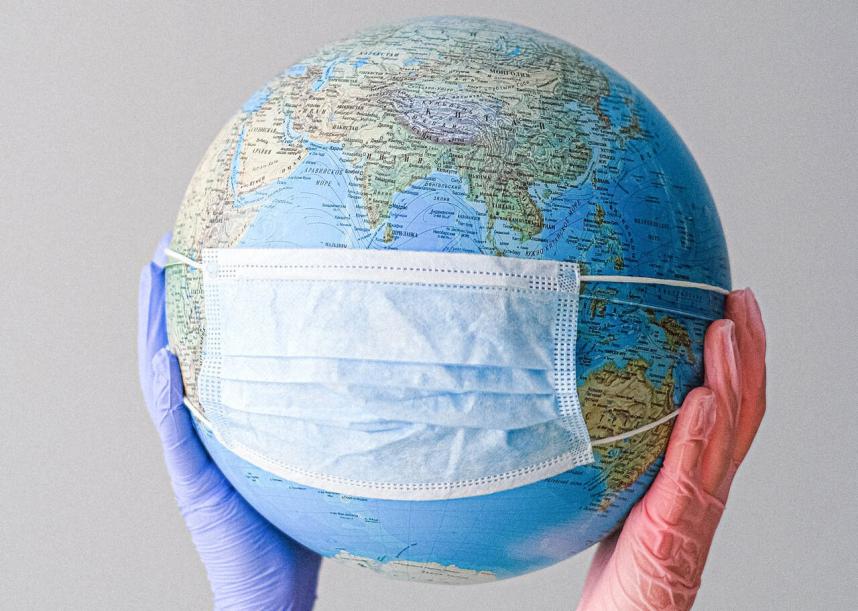
European governments moved today (Tuesday) to set new curbs in motion to try to rein in a fast-growing surge of coronavirus infections and provide economic balm to help businesses survive the pandemic.
World leaders face an increasingly difficult task holding the disease at bay while keeping their economies afloat as they pin their hopes on as-yet unproven vaccines.
The United States, Russia, France, Sweden, Poland and other countries have registered record numbers of infections in recent days as autumn turns to winter in the Northern Hemisphere and people socialise indoors where the risk of infection is higher.
More than 43.4 million people have been infected by the coronavirus globally and 1,158,056 have died, according to a Reuters tally, with the United States leading the way in the number of infections and deaths.
Exponential Growth in Europe
There have been at least 8.54 million reported infections and 251,000 deaths caused by coronavirus in Europe so far, according to latest Reuters data. The continent registered a record 230,892 new cases on Oct. 26, up from 67,739 on Oct. 1.
Russia
Authorities in Russia, which with 1.55 million infections has the world’s fourth largest COVID-19 case load, ordered people to wear facemasks in some public places and asked regional authorities to consider shutting bars and restaurants overnight.
Belgium
New infections in Belgium, among the hardest-hit countries in Europe, hit a high of more than 18,000 on Oct. 20, almost a 10-fold increase from the high of a spring wave of the pandemic.
Italy
Hundreds of protesters took to the streets across Italy, on Monday, to vent their anger at the latest round of restrictions, including early closing for bars and restaurants, with demonstrations in some cities turning violent. In Milan, youths hurled petrol bombs at police, who responded with volleys of tear gas. In Turin, luxury shops had their windows smashed and some were ransacked, leading to the arrest of 10 rioters. Prime Minister, Giuseppe Conte, was expected to approve measures to help companies hit by the new curbs introduced at the weekend after daily infections increased eight-fold in less than a month.
Czech Republic
The Czech government will ask lawmakers to extend its emergency powers until Dec. 3, Prime Minister Andrej Babis said today (27/10), as it tries to stem one of the strongest surges in infections in Europe. The country is expected to decide by this weekend whether a return to a nationwide lockdown is required.
Germany
Even Germany, widely praised for its initial response to the pandemic, signalled concern on Tuesday over rising infections, with Economy Minister Peter Altmaier saying the country was likely to reach 20,000 cases a day by the end of this week.
Spain
Spain’s government said today (27/10) it planned to raise taxes on large companies and wealthy people to fund increased spending on social care and infrastructure.
Asian countries
While Europe is struggling to contain the coronavirus, Asian countries appear to be doing a better job.
Hong Kong
The country announced it would reopen public beaches and increase the number of people allowed to sit together in bars and restaurants as the city continues to unwind strict COVID-19 rules put in place in July.
U.S.A.
In the United States, the number of hospitalised COVID-19 patients is at a two-month high, straining health care systems in some states. The U.S. death toll leads the world at more than 225,300.